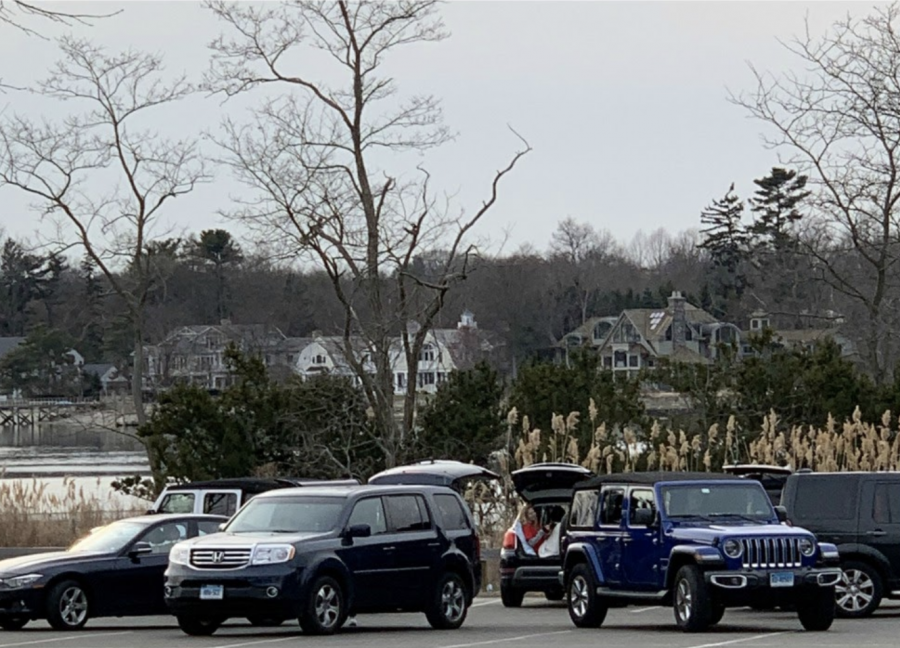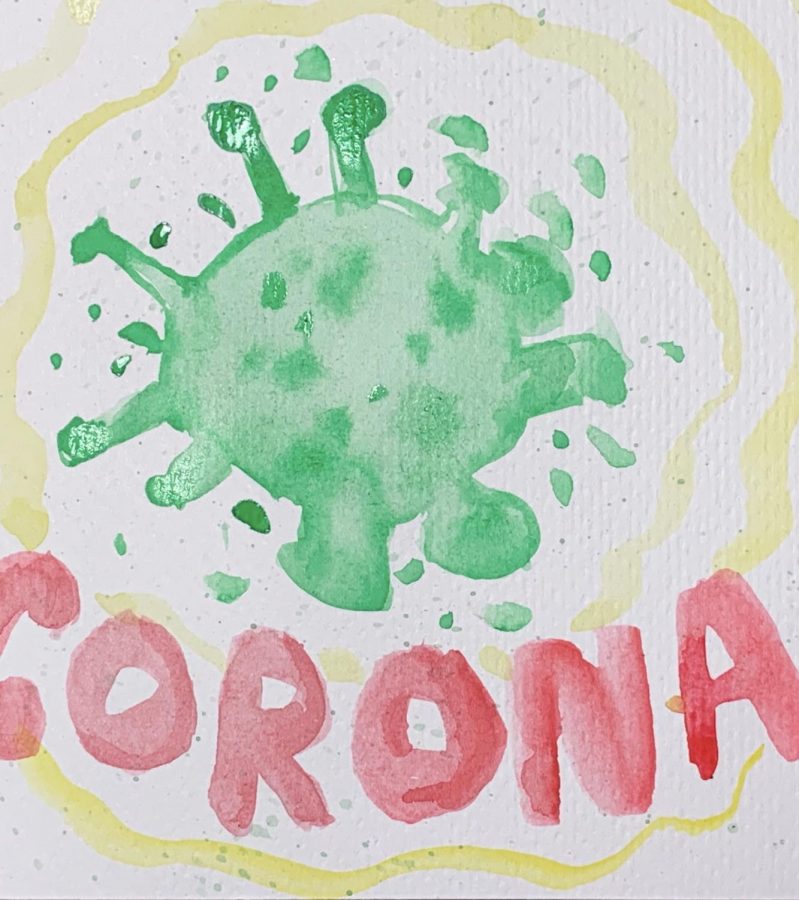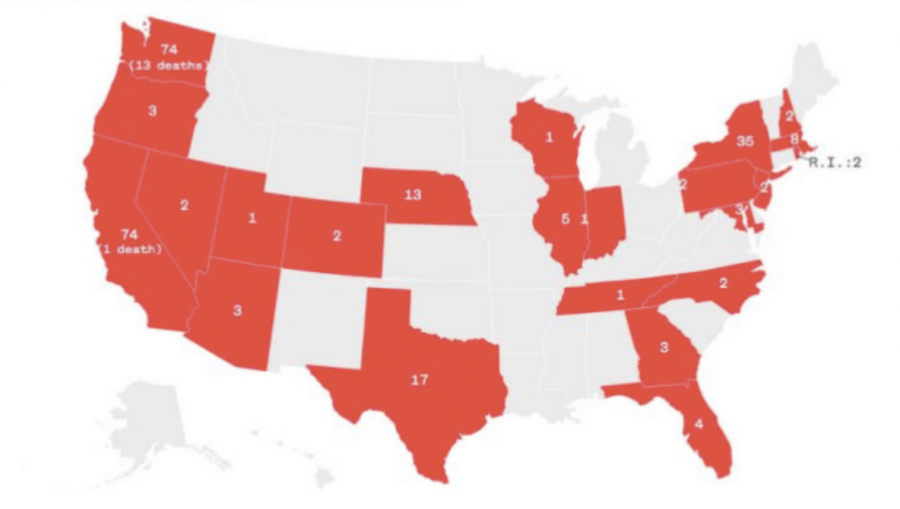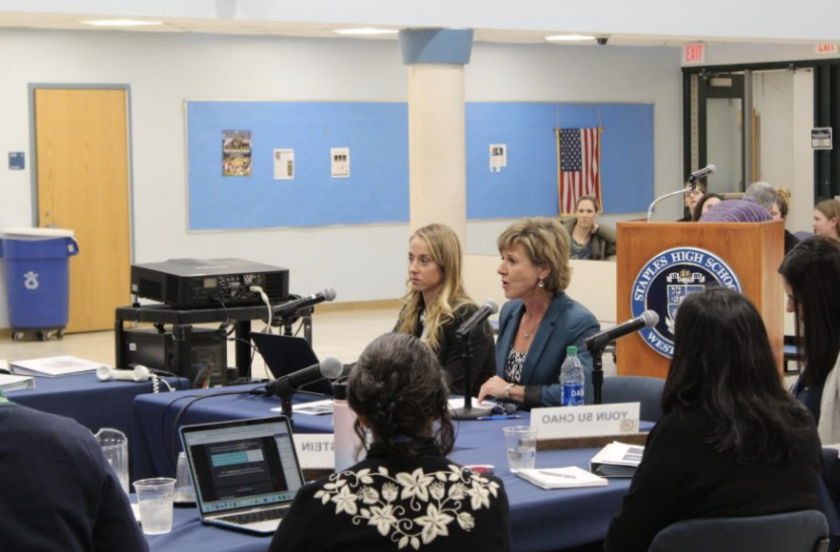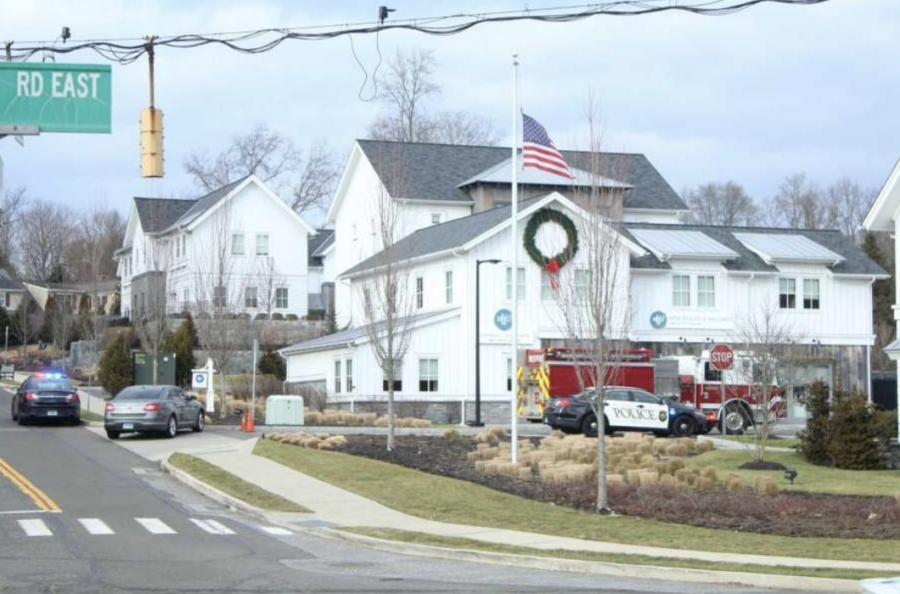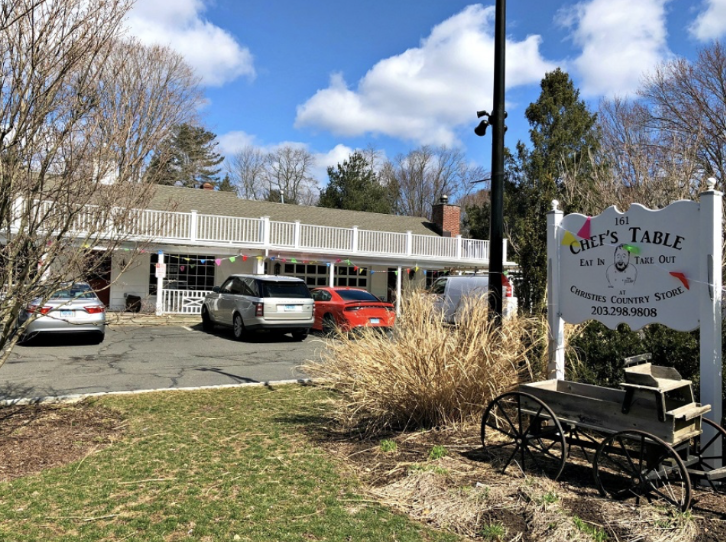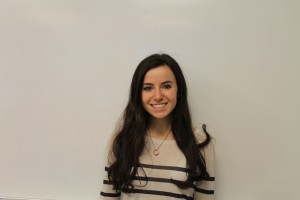It was a tense day today, said Petey Menz ’11, now a sophomore at Harvard University in Cambridge, Mass. Throughout the Boston area, full-time residents and students alike awaited the results of a police manhunt, cooped up in houses or dorm rooms.
“I think a lot of people went to bed hoping this would be resolved, but woke up to an even more bewildering situation,” Menz recalled.
At 10:24 p.m. on Thursday night, the two suspects in Monday’s Boston Marathon bombing allegedly shot and killed a Massachusetts Institute of Technology police officer, according to varied news reports. Later that night in Cambridge, the suspects allegedly hijacked a Mercedes SUV. Police wound up in a firefight with the suspects, two brothers from Chechnya, a region in southern Russia. One of the brothers was killed, the reports said.
With one suspect on the loose, Boston went into lockdown. And for college students, along with everyone else, this meant stress and fear.
“Boston would generally be insanely busy with tourists and people crowding the sidewalks. But it was deserted,” said Nathan Francis ’14, who was in Boston during the lockdown. “There were constant helicopters overhead and fire trucks were constantly cycling through with their sirens going on and off. It was literally a war zone.”
Francis said he and his mother had been visiting colleges in Maine over the break and stayed in a Boston apartment.
Staples alum Sammy Warshaw ’12, now a freshman at Boston University, said students’ feelings through the day were capricious.
“The vibe at my school was that it was pretty worried at first,” Warshaw said. “But as the day went on, people began to get restless.”
Warshaw joked that he’s a couch potato at heart, so, he said, “I was able to fully show my colors today.” For most others, though, he said, “this day I’m sure felt boring and ominous.”
There were phone calls and emails and texts from all over, with relatives and friends hoping for news. Luckily, even though students were locked in, there was plenty of television and web coverage of the day’s events, as police continued to search for the remaining suspect.
“It was a huge relief knowing exactly what was going on,” said Connie Zhou ’12, a Harvard freshman. “Technology also helped me communicate with my friends and family, which was very important to me because it helped my conscience knowing they knew I was safe.”
The younger suspect, Dzhokhar Tsarnaev, was taken into custody just before 8:45 p.m. He was found in a boat in the backyard of a Watertown resident’s home, according to various news reports, and was taken to a local hospital for treatment.
According to Francis, Boston rejoiced. He and his family were at dinner, Francis said, with the all the TVs on at the bar, when the news announcers reported that Tsarnaev had been captured.
“Everyone in the whole restaurant was relieved and people were clapping. It was a great feeling,” Francis said.
Going through the bombings and the ensuing manhunt was traumatic, students said. But streets and schools will open tomorrow.
“Boston is a resilient city, and we are all confident we will come together as a city and move on,” said Charlie Greenwald ’12, an Emerson College freshman.














































